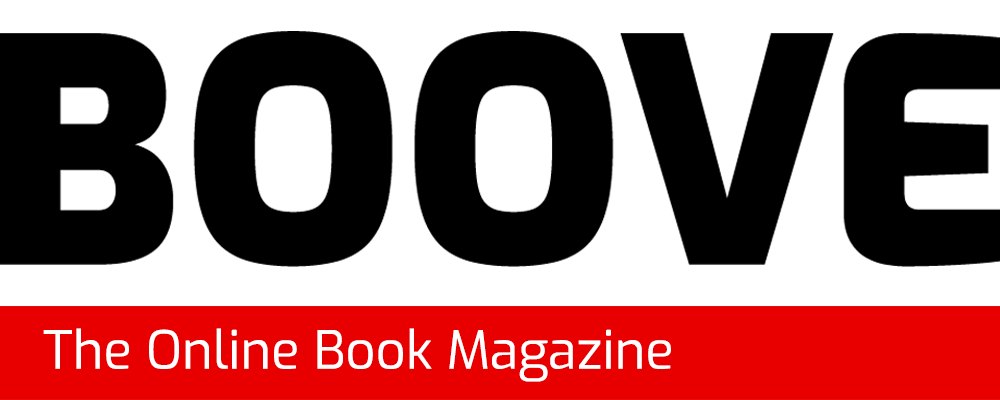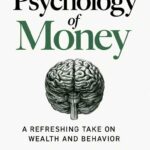
We all crave real, meaningful connections, whether it’s with family, friends, or colleagues. But in a world where much of our communication happens through screens and where conversations often remain surface-level, forming those deep relationships can feel like a challenge. That’s where Connect: Building Exceptional Relationships with Family, Friends, and Colleagues by David Bradford Ph.D. and Carole Robin Ph.D. comes in.
This book is a breath of fresh air for anyone who wants to build stronger, more authentic connections. Based on their teachings from Stanford’s famed Interpersonal Dynamics course (also known as “Touchy-Feely”), Bradford and Robin break down the process of building deep, fulfilling relationships in a way that feels both approachable and actionable.
Why Vulnerability is Your Superpower
One of the biggest takeaways from Connect is the idea that vulnerability isn’t a weakness — it’s actually a superpower. It’s easy to think we need to keep our guard up, especially in professional settings where we feel like we need to maintain a “tough” or “together” image. But Bradford and Robin argue that true connection comes from being open and real with others, even when that means showing our imperfections.
At first, this idea can feel a bit scary. No one wants to be the one who admits they’re struggling or who puts themselves out there just to get hurt. But the authors show, through personal stories and examples, that when you open up and show vulnerability, you invite others to do the same. This leads to stronger, more trusting relationships, both at home and at work.
The authors do a great job of showing how vulnerability can play out in different settings. For instance, in a professional environment, a leader who admits when they don’t have all the answers creates a safe space for their team to share ideas and collaborate. In personal relationships, being open about your feelings can help deepen your bond with someone, allowing you to connect on a more meaningful level.
The Candor and Care Balance
One of the biggest relationship challenges most of us face is figuring out how to be honest with others without hurting their feelings. Connect addresses this head-on by emphasizing the need for a balance between candor (being truthful) and care (being compassionate).
The idea here is that it’s important to be direct with people — whether you’re giving feedback at work or addressing a personal issue — but you have to do it in a way that’s respectful and empathetic. The book gives practical tips on how to do this, such as focusing on specific behaviors rather than making generalizations, and framing feedback in a way that’s about growth rather than criticism.
This balance between candor and care is something I’ve found incredibly helpful, both professionally and personally. For instance, rather than saying “You never listen to me,” you could say, “I feel unheard when we talk, and I’d love it if we could work on making our conversations more two-way.” It’s a subtle shift, but it makes a big difference in how the message is received.
Feedback: A Tool for Growth, Not Conflict
Let’s face it — most of us dread giving and receiving feedback. It’s uncomfortable, and we’re often afraid it will lead to conflict or hurt feelings. But Bradford and Robin offer a new perspective: feedback is actually an opportunity for growth, both for individuals and for relationships.
Connect provides a useful framework for giving feedback in a way that feels constructive and supportive. The authors encourage using something called “carefrontation” — basically, confronting someone with kindness. This means offering feedback in a way that’s direct but also shows you care about the person’s development and well-being.
They also introduce something called “The Feedback Ladder,” which is a step-by-step guide for delivering feedback that helps minimize defensiveness. It starts with simply observing the other person’s behavior, then explaining how that behavior affected you, and finally, offering suggestions for how things could improve. This approach makes feedback feel like a conversation rather than a criticism.
Personally, I’ve found this framework really helpful when I’ve needed to give feedback in difficult situations, whether with colleagues or loved ones. It makes the process feel less confrontational and more like a path to understanding and improvement.
Practical Exercises to Build Stronger Relationships
What makes Connect so effective is that it doesn’t just leave you with abstract ideas or theories. Instead, Bradford and Robin provide a ton of practical exercises that you can try out in your own relationships. Whether you’re looking to strengthen a friendship, improve your relationship with a partner, or create a more cohesive team at work, there are concrete steps you can take to make it happen.
One of my favorite exercises is the “trust conversation.” This involves sitting down with someone important to you and sharing both what you appreciate about the relationship and where you think there’s room for improvement. It’s an amazing way to open up communication, clear the air, and strengthen your bond with the other person.
Another exercise involves practicing vulnerability by sharing something personal with someone you trust. The idea is to take small steps — you don’t have to dive into your deepest secrets right away — but the more you practice, the more comfortable you’ll become with being open.
These exercises aren’t complicated, but they’re incredibly effective. And because the authors walk you through them step by step, it doesn’t feel overwhelming or intimidating to start putting them into practice.
Why This Book Matters for Work Relationships Too
While Connect is great for personal relationships, it’s also hugely relevant for work. In today’s business world, where collaboration and teamwork are essential, emotional intelligence and interpersonal skills are becoming just as important as technical know-how. Bradford and Robin’s approach can help anyone — from team leaders to employees — build stronger, more trusting relationships at work.
One of the key points the authors make is that vulnerability, openness, and trust are just as important in the office as they are at home. If people don’t feel safe to share their thoughts and ideas, innovation and creativity are stifled. Leaders who can show vulnerability and create a culture of openness will often see their teams become more engaged and productive.
Additionally, the book touches on the concept of psychological safety, which is when people feel comfortable being themselves without fear of being judged or punished. When you create this kind of environment at work, you foster better collaboration and stronger relationships across the board.
Building Relationships is a Lifelong Journey
One thing I really appreciated about Connect is that Bradford and Robin are clear about the fact that building strong relationships isn’t a one-time fix — it’s a lifelong process. Relationships take work, and even the best ones require constant attention and effort. But by using the principles outlined in this book, you’ll have the tools to keep growing and improving those relationships over time.
Whether you’re looking to strengthen personal ties, improve your work relationships, or just get better at connecting with people in general, Connect offers a roadmap to building deeper, more meaningful relationships. It’s packed with practical advice, exercises, and real-life examples, making it a valuable guide for anyone looking to improve their interpersonal skills.
In a world where real connection can sometimes feel out of reach, Connect is a powerful reminder that with vulnerability, openness, and care, we can all build relationships that are not only functional but truly fulfilling.



